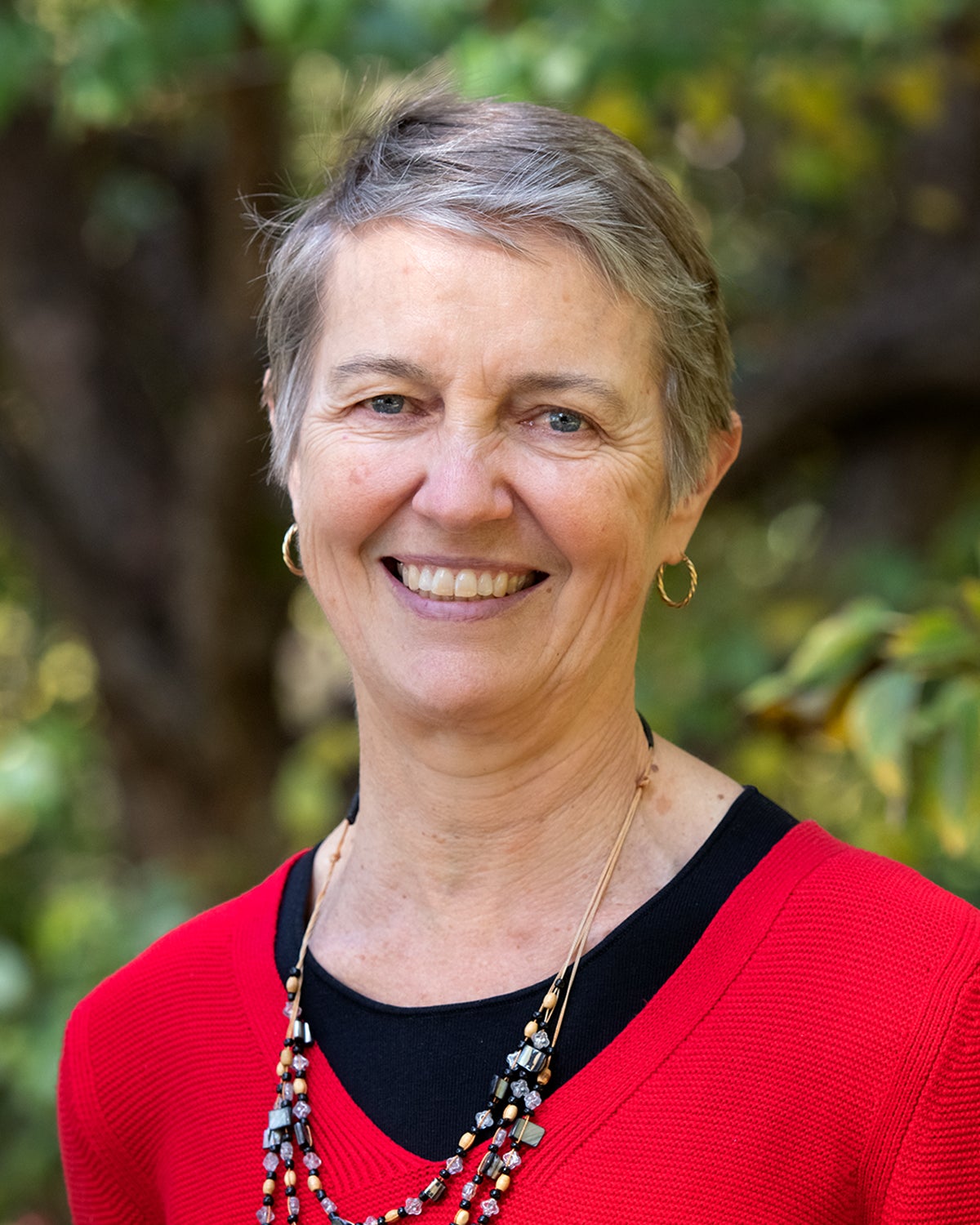
Community and Environmental Health faculty Sarah Toevs, director of the Center of the Study of Aging, and Ed Baker, director of the Center for Health Policy, published an article in Rural and Remote Health. The publication was a collaboration between these two centers at Boise State, the Family Medicine Residency of Idaho and the Family Medicine Residency Network. Additional co-authors included affiliate faculty Ruth Ray Karpen and master of health science alumna Pragna Naidoo, who completed the project as a component of her degree.
The article, “Support for rural practice: female physicians and the life–career interface,” is drawn from a community-based study that used a qualitative approach to examine the support needs of female family physicians practicing in rural areas.
The need for family physicians in rural areas across the U.S. and Canada is a longstanding and well-documented issue. Since family physicians constitute the largest population of rural practitioners, the problem has been exacerbated by a sharp decline in medical students’ interest in the field of family medicine and the aging of the current rural workforce.

Kim Stutzman, lead author of the study, interviewed 20 female physicians practicing in rural and frontier locations in Idaho and Montana. The general consensus of respondents was that the career-life interface varies across individuals, changes over time and is always a work in progress. Rural female physicians think of their work in relational terms and it involves a great deal of emotional labor.
The study concluded that support systems mitigate the psychological effects of this labor and help physicians develop resilience in managing both career and life. Educators can better prepare female physicians by discussing the costs and benefits of emotional labor and the necessity of support networks, as well as how to negotiate a contract that is consistent with one’s values, practice style and family life.